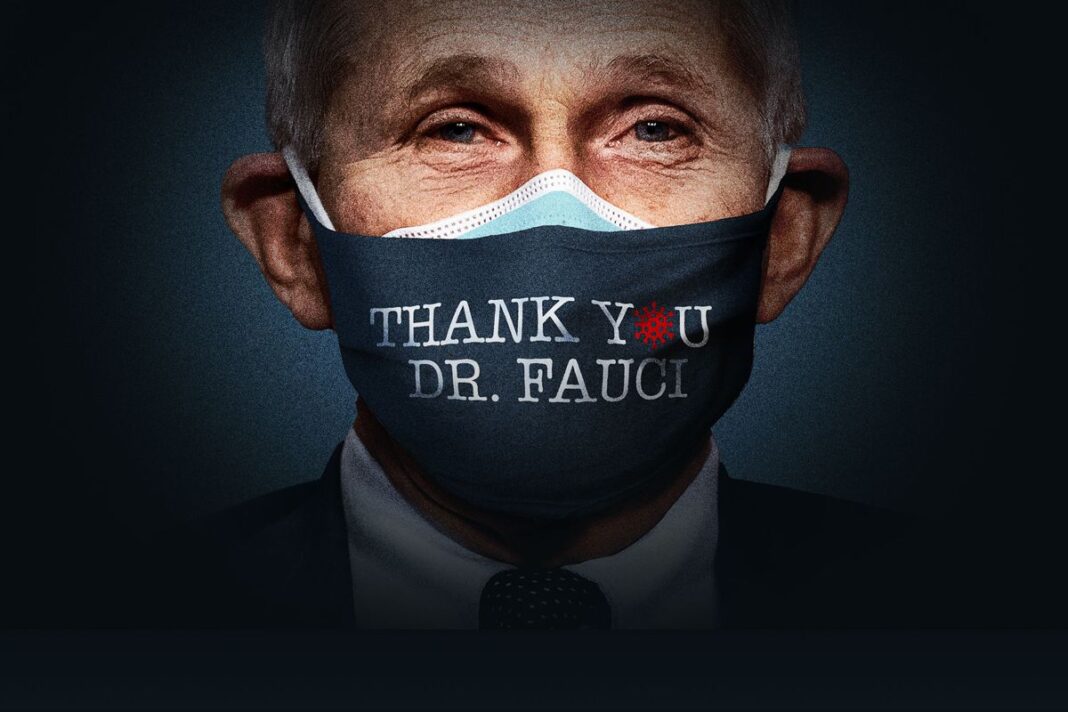
Amid growing malaise, terror attacks, and deindustrialisation, Germany’s election is being shaped by security fears and an overwhelmed system, analysts say.
With just days to go before voters head to the polls in Germany—immigration, economic, and security concerns have taken center stage following a string of violent attacks involving asylum seekers.
A series of high-profile terror attacks, including a recent one in Munich, has intensified public debate on immigration before voters head to the polls on Feb. 23.
According to analysts, the news that an Afghan asylum seeker plowed into a crowd in Munich on Feb. 13—injuring at least 30 people—could play a major role in voters’ decisions.
“The Munich event especially, is going to have an impact on elections,” Richard Schenk, a research fellow at the think tank MCC Brussels, told The Epoch Times.
He explained that in Germany, the electorate typically takes about a week to absorb and react to an issue.
“It’s basically 10 days before elections, and it’s perfect timing if you want to launch an agenda,” he said.
Germany has been dogged by economic woes, and shifting political tides—like many European nations—that eventually caused the collapse of the coalition government, sparking the election.
Europe’s largest manufacturing economy is in its second year of contraction, struggling with the loss of affordable Russian gas, historic Volkswagen plant closures, and fierce competition from cheaper Chinese electric vehicles.
Immigration
In the past few years, the coalition involving Chancellor Olaf Scholz’s center-left Social Democrats (SPD), the pro-business Free Democrats (FDP), and the Green Party have lost ground.
Mainstream parties are also contending with the rise of the AfD, which is calling for strict border controls, a reduction in asylum seekers, ditching net zero, preserving what it sees as traditional German culture, and saying that “Islam does not belong to Germany.”
While AfD—supported by Elon Musk—is projected to finish as the second-largest party, it remains politically sidelined by a strict cordon sanitaire from mainstream parties, preventing it from entering government.
Some local state authorities have officially classed some of AfD’s branches, Young Alternative Thuringia and Saxony sections, as “right-wing extremists.”
AfD, together with the left-wing political newcomer Sahra Wagenkneckt Alliance (BSW), is the most hardline on immigration.
By Owen Evans







